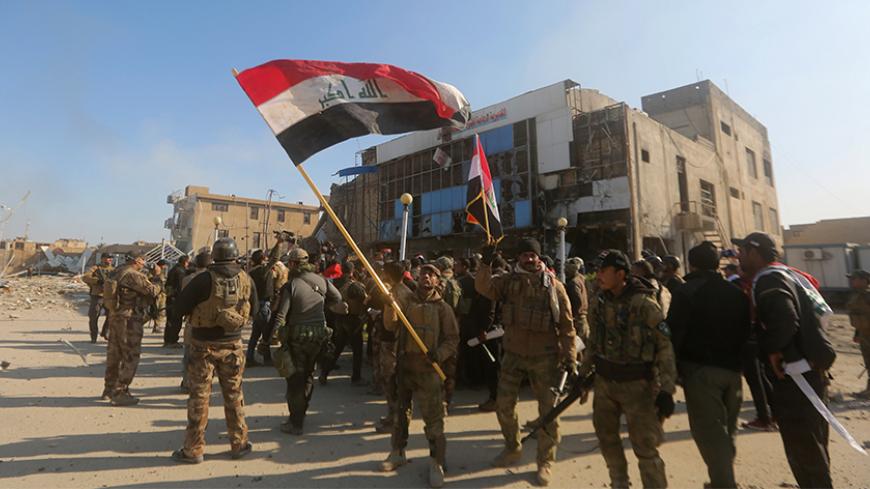The Iraqi military's hasty self-congratulatory statements of victory in Ramadi are as misleading as the international chorus that echoes them, envisaging a routing-in-the-making of the Islamic State (IS). Just as the United States had made three different anticlimactic announcements of its withdrawal from a "stabilized and democratized" Iraq (in November 2008, in February 2009 and in August 2010), only to be back with additional troops in June 2014 and more troops a year later, the US-trained Iraqi military declared months ago that it had forced IS from parts of Ramadi and was on the offensive to retake it and announced that the city was about to fall in its hands.
Beyond their time-honored shortsightedness, there is something particularly arresting about the latest victory narratives: They betray a vividly impatient desire on the part of the Iraqi authorities and their regional and international allies to paint a victory — any victory — against IS at the price of far-sighted strategy, realistic assessment and lessons learned — and that, in itself, is an indication of how much genuine and innovative effort will be needed from them to decisively battle IS in the long run.



